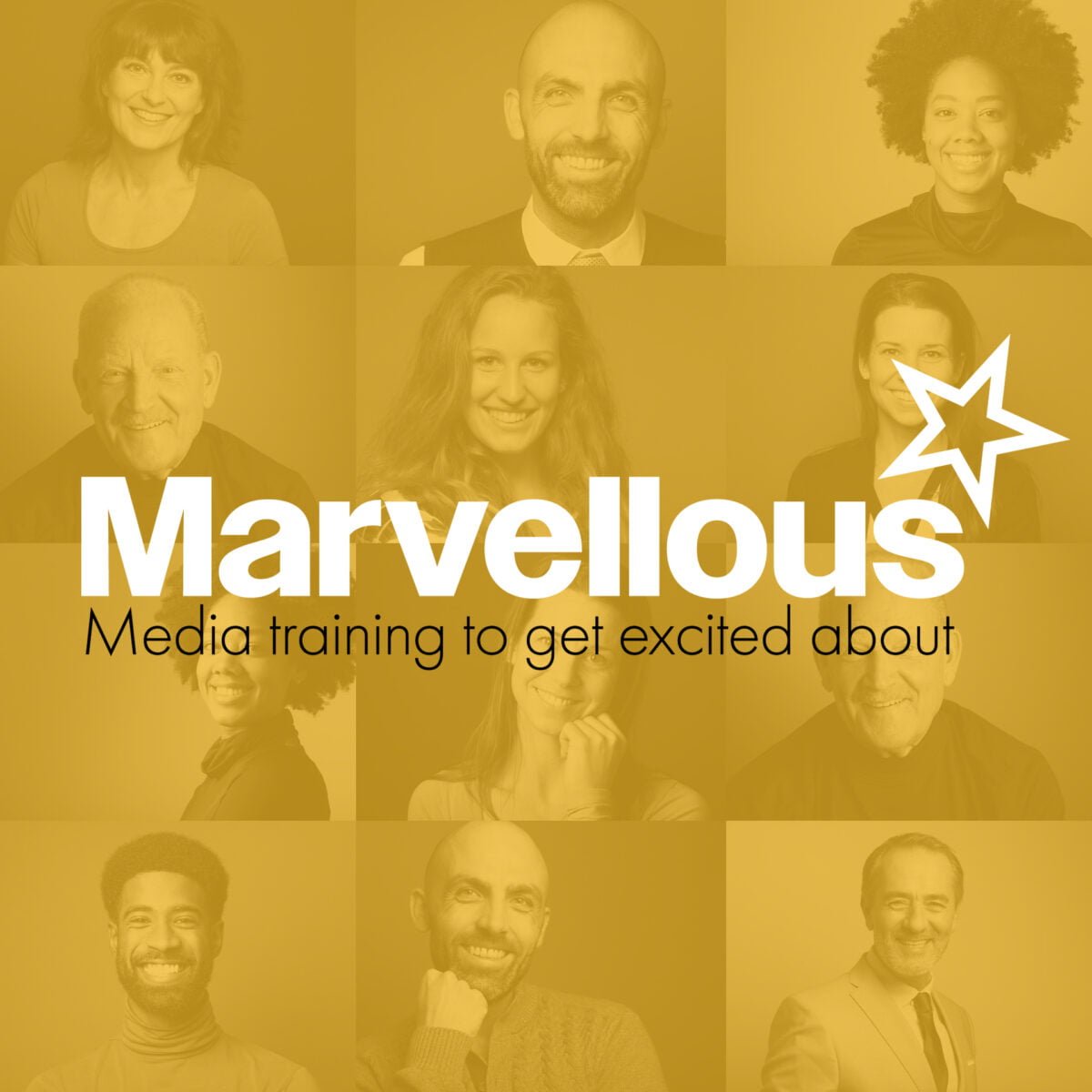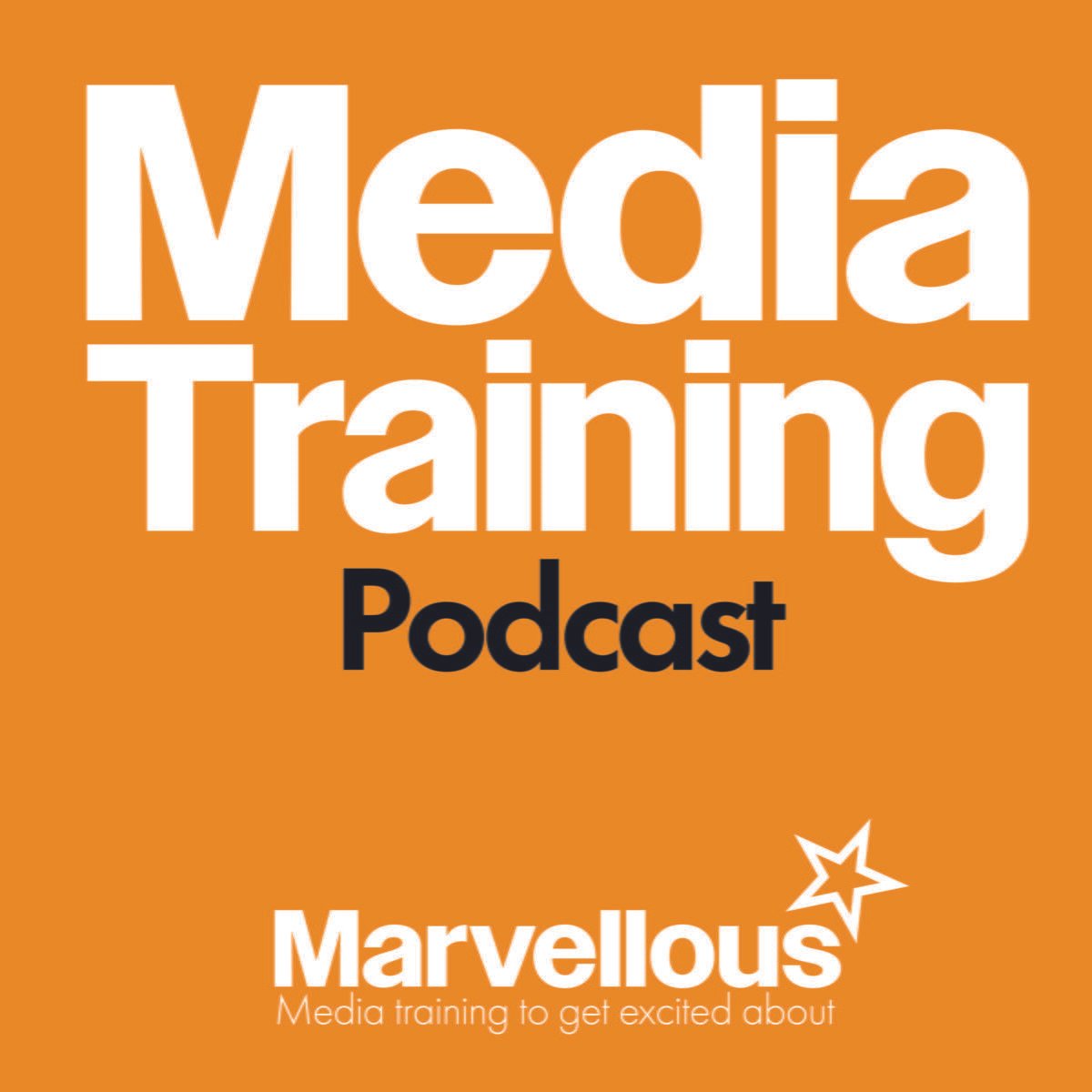Mastering profile interviews in the media
5 tips for profile interviews in the media.
Profile interviews are generally longer and can focus on your life, career, beliefs, achievements, and personality. They aim to give the audience a deeper understanding of who you really are.
Now, I’m doing this episode because MJ, a model based in the USA, has been in touch. She sent me a fashion magazine profile interview she appeared in called “The State of Plus Size Fashion.” There’s a link in the show notes.
MJ’s issue was that she felt the interview was just a bit meh—it didn’t do her justice. She asked me how it could have been better. I’ve already sent her my tips, and she’s agreed to let me share them with you. So here are my five ideas to inject some sparkle into profile interviews.











